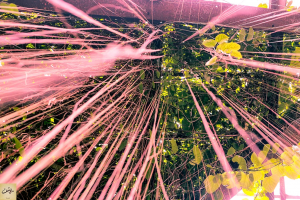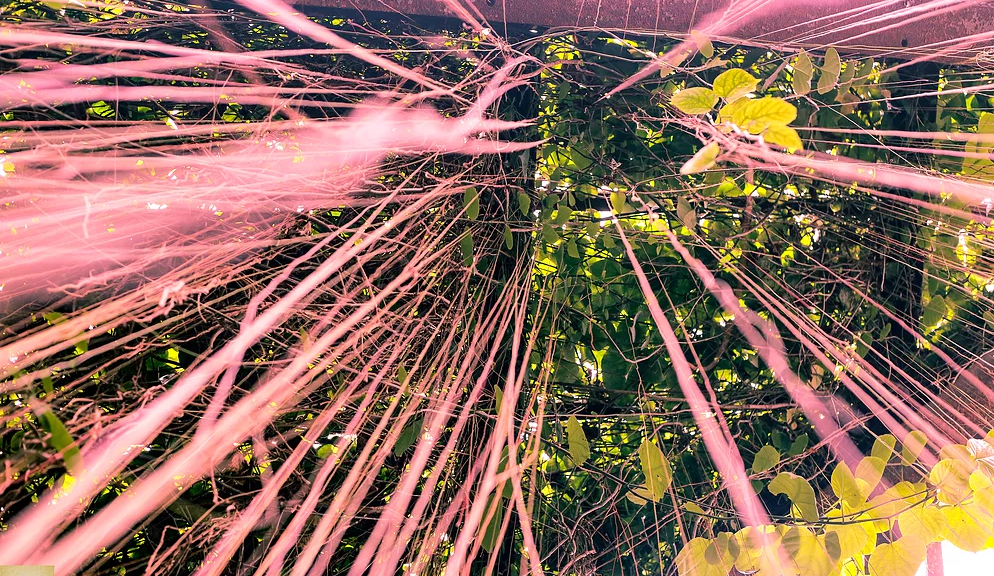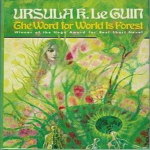Palestine and Challenging Settler Colonial Imaginaries

This week on the show, we’re airing a portion of our 2018 interview with filmmaker and activist Yousef Natsha about his film about his hometown, Hebron, and the Israeli occupation of Palestine. We invite you to check out our full interview with him from March 25, 2018, linked in our show notes and we’re choosing to air this right now because of the flare up in violent evictions, home destruction and the assassination of around 100 Palestinian residents of Gaza by the “Israeli Defense Forces”. [00:10:24]
Then, we’ll be sharing a panel from the 2021 UNC Queer Studies Conference called “No Blank Slates: A Discussion of Utopia, Queer Identity, and Settler Colonialism” featuring occasional Final Straw host, Scott Bransen alongside E. Ornelas and Kai Rajala. This audio first aired on Queercorps, on CKUT radio in Montreal. If you’d like to engage in this project, reach out to noblankslates@riseup.net [00:24:05]
Also, Sean Swain on aparthied [00:01:48]
No Blank Slates: A Discussion of Utopia, Queer Identity, and Settler Colonialism
Presenter(s)
Scott Branson, E Ornelas, Kai Rajala
Abstract
Under the neoliberal regime of multiculturalism, the settler colonial project has relied on the assimilation of certain subaltern communities into its project for the effective dispossession and control of indigenous lands. This discussion will present ideas from a book project we are collaborating on in order to invite conversation around the intersection and tension around ideas of liberation and forms of appropriation and oppression. Our main challenge for radical queers is to rethink the kinds of futures we try to include ourselves in, and how our liberatory work can subtly replay exclusion and erasure. How do neoliberal utopian gay politics perpetuate settler colonial erasure and genocide? How do politics that seek inclusion and representation–in other words assimilation–disavow the work by indigenous self-determination movements, which are also poised on the frontlines of planetary self-defense? The workshop will be divided up into short presentations by each writer, followed by a structured discussion facilitated by the presenters.
Description:
The utopian project that underwrote the Canadian/American settler colonial states that still exist today was eventually transmuted into a neoliberal utopian sense of identity. The entire concept of space and self that we inherit is imbued with utopian longing for a time and place that we can fully be ourselves. This kind of rhetoric is largely at play in mainstream identity-based movements, like gay rights. But this longing often works in favor of the regime of violence and dominance perpetrated by the modern nation state. We can see how the attempt at inclusive representation of queer cultures leads to assimilation and appropriation. What gets included in regimes of representation ends up mimicking the norms of straight/cisgender heteronormativity, in terms of class aspirations, behaviors, and family structures. This therefore contributes to systematic erasure of Black and Brown queer folks, who are still the most targeted “identities” for state violence and its civilian deputies. With images of diversity that appeal to bourgeois urban gays, businesses and governments can pinkwash their violence.
A radical queer politics that relies on unquestioned utopian and dystopian visions risks aligning itself with a settler colonial imaginary of terra nullius or “blank slate” space. On the one hand, dystopian and apocalyptic visions perpetuate the unquestioned assumption that a societal collapse is impending, as if the continual degradation of human and more-than-human communities has not already arrived. Particularly dangerous in this assumption is the kind of crisis rhetoric that fosters opportunities for settler colonial sentiments of insecurity and, in the face of this insecurity, assertions of belonging and sovereignty in land and lifeways. Furthermore, visions of radical utopias as-yet-to-be-realized (or, as-yet-to-be-colonized) discount the ongoing presence of Indigenous alternatives to the current settler colonial dystopian reality, and instead preserves a view of geographic and social space as blank and ready to be “improved” with a “new” model.
Here we have a problem of erasure of the oppressions and resistances that have been ongoing in different iterations, in favor of the blank space of the utopian frontier. We argue against these linear progression narratives of societal and environmental collapse which promise to bring about a future idealized world of rainbow-diverse identities. Instead, we propose ways for radical politics, particularly those espoused by non-Indigenous people, to disavow such settler colonial mindsets. There are a few ways to offer a glimpse into the lived realities—what we might still call utopian moments—that make up the non-alienated, revolutionary life: queer and indigenous histories of resistance, rituals and moment of community care and mutual aid, and science fiction revisions of the world. We argue that this other world does in fact exist—has existed and has not stopped existing—if only in the interstices or true moments of communing and inhabiting the land alongside friends and family.
This is not an argument in favor of utopia, but one that seeks to bypass the utopian/dystopian divide. The world we inhabit is clearly dystopian for most, and utopian for some, and in many estimations, constantly on the verge of ending. The disaster scenarios, repeating the puritanical eschatology that helped settle the colonies in America, perpetuates the history of erasure of ways of life that aren’t in fact gunning for that disaster. We still argue that the purpose of dreaming, of envisioning alternatives, is to make action possible today, through recognition of the power we do already hold. Our discussion will interrogate the settler-utopian impulses that get hidden within apparently liberatory movements, such as radical queers and strands of environmentalism, as well as the way these identities and politics are represented in narratives of liberation that rely on the same logic they claim to oppose.
Bios
E Ornelas (no pronouns or they/them) is a Feminist Studies PhD candidate in the Department of Gender, Women, & Sexuality Studies. As the descendant of a survivor of the Sherman Institute, a Native boarding school in Riverside, California—and therefore robbed of cultural, linguistic, and tribal identity—E’s research interests focus on the continued survivance and futurity of BIPOC communities, particularly through the use of literature. E’s dissertation illuminates community-based, abolitionist-informed, alternative models of redress for gendered, racialized, and colonial violence by analyzing Black and Indigenous speculative fiction. When not on campus, E can be found reading feminist sci-fi, making music, baking vegan sweets, and walking their dog. [00:45:06]
Kai Rajala (pronounced RYE-ah-la) is a queer, nonbinary, white-settler of Finnish and mixed European descent. They are a writer, and an anarchist anti-academic working and living on the unceded territories of the Kanien’kehá:ka peoples on the island colonially referred to as Montréal, and known otherwise as Tiohtià:ke. They are currently pursuing studies as an independent researcher and are interested in sites outside of the university where knowledge production occurs. You can find Kai on twitter at @anarcho_thembo or on instagram at @they4pay. [00:57:28]
Scott Branson is queer trans Jewish anarchist who teaches, writes, translates, and does other things in Western so-called North Carolina. Their translation of Jacques Lesage De la Haye’s The Abolition of Prison is coming out with AK Press this summer. Their translation of Guy Hocquenghem’s second book, Gay Liberation After May 68, is due out next year with Duke University Press. They edited a volume of abolitionist queer writings based on two iterations of the UNC Asheville queer studies conference, due out with PM Press next year. They are currently working on a book on daily anarchism for Pluto Press and researching a book on the institutionalization of queerness in the academy. They also make books of poems and artwork. You can find Scott on Instagram @scottbransonblurredwords or check out sjbranson.com for more of their work or on twitter at @sjbranson1. [00:30:41]
Continue reading Palestine and Challenging Settler Colonial Imaginaries


